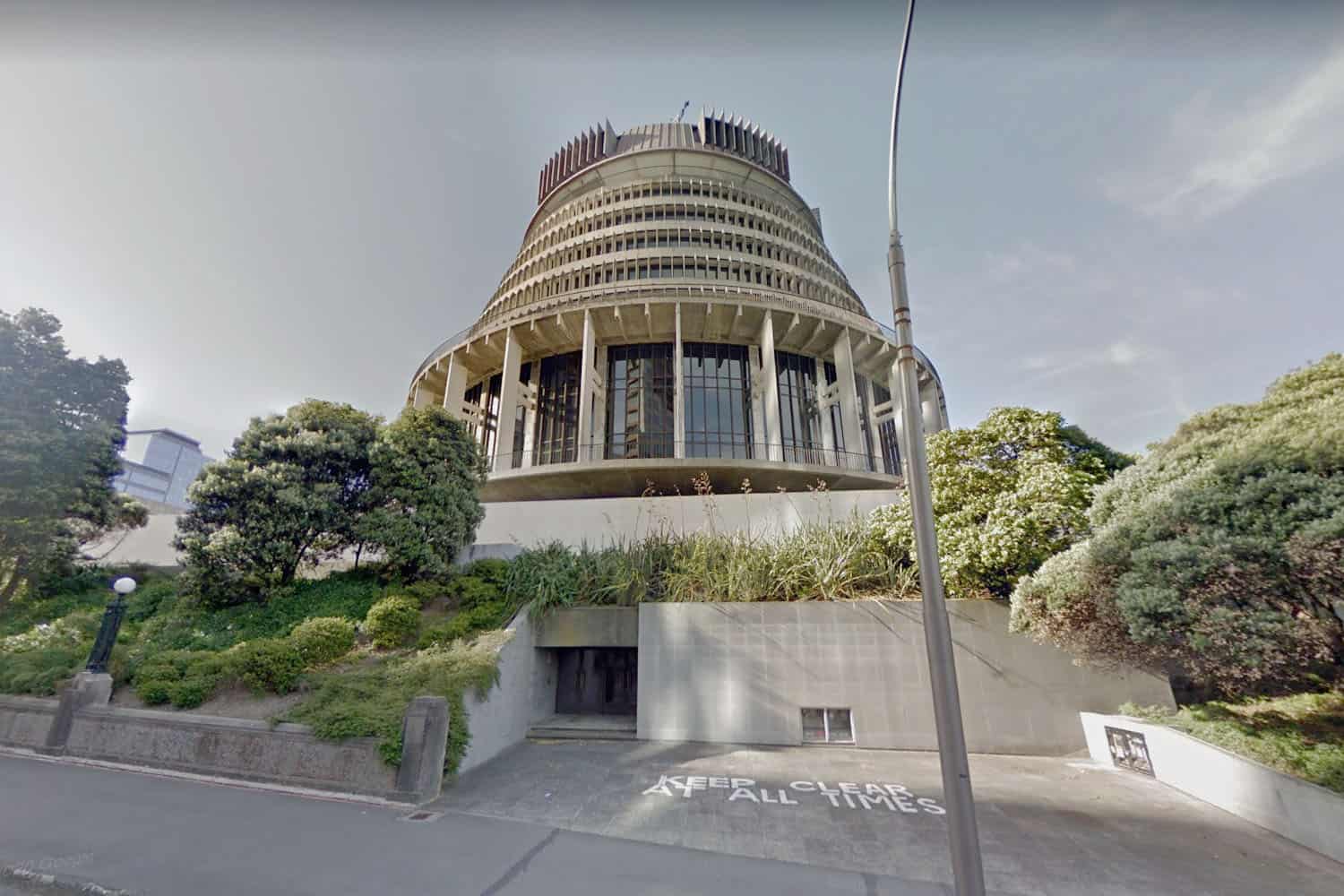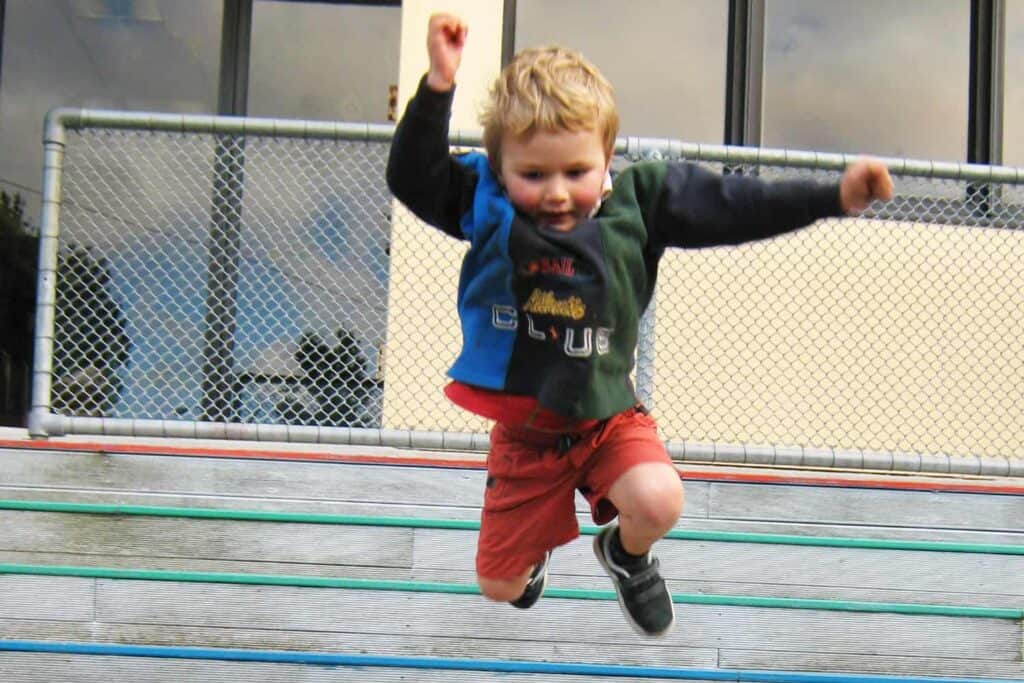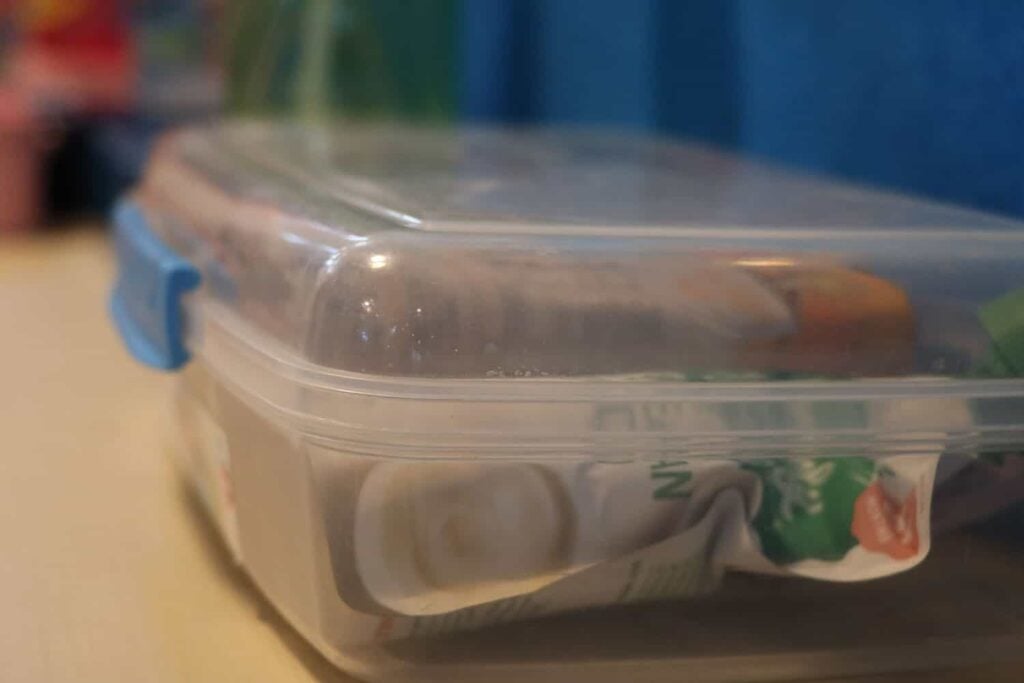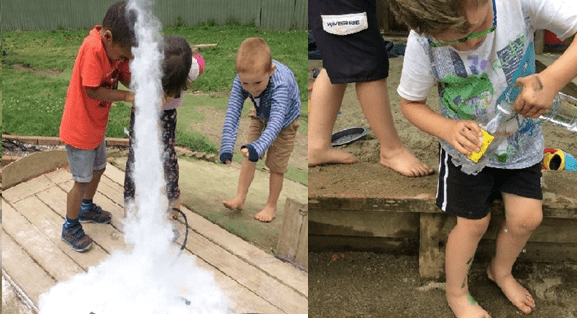Government initiatives promoting participation in early childhood education.
April 9, 2014.
Promoting participation in early childhood education has been a major policy platform under Labour and National led governments.
Both Labour and National Governments have aspired to have more children in non-parental care. Will Government initiatives promoting participation in early childhood education – work?
The Better Public Service Target
Early critique of the Better Public Service target
Target Not Achieved of 98% Children Participating in ECE in 2016
Below is a selection of different interesting articles giving insight into the policy and funding manoeuvring that occurred, including contractors being paid money to recruit ‘phantom’ children and children already in school.
Improved Maori and Pacific Island participation in ECE cannot be bought, says National
précis of article by Kevin Taylor, the Weekend Herald, 2004
A Labour-led Government programme that pays bounty hunters up to $1,000 for each Maori and Pacific Island child recruited for preschools should be axed, say opposition parties. The scheme, called the Promoting Participation Project, which began in 2001, was attacked by National and Act for being race-based.
The Weekend Herald revealed that the scheme, which has cost $5.96 million so far, has run into problems with some contractors claiming the money for “phantom” children and children already at school.
A spokeswoman for Education Minister Trevor Mallard said yesterday that the minister was briefed in 2002 on the issue and directed that contracts be better monitored. The spokeswoman said the programme was introduced because Maori and Pacific participation rates were a lot lower than the rest of the population, and no “bounty hunters” were operating.
But National education spokesman Bill English said… “The intention of lifting Maori and Pacific participation in education is a good one, but it’s not as easy as buying it. The Government seems to think it can just buy this stuff”.
National-Led Government Announces New State-Funded Campaign to Persuade Parents to Use More ECE
précis of press release by Minister of Education, 4 March 2014
The Better Information for Parents project, which is being led by the Ministry’s Early Learning Taskforce, is designed to help mums and dads understand how quality early learning and ECE can give their children a stronger start in education. It will be delivered to parents by frontline workers, online and through radio advertisements in seven languages.
Participation amongst Māori children has increased by 1.3 percentage points to 92.6 per cent, while participation amongst Pasifika children has also increased by 1.9 percentage points to 89.3 per cent.
“We are making great progress towards achieving our Better Public Services goal that in 2016, 98 per cent of children starting school will have participated in quality ECE. However, there is still work to be done,” Ms Parata says.
Better Information for Parents supports the Māori education strategy, Ka Hikitia – Accelerating Success 2013-2017 and the Pasifika Education Plan 2013-2017 by providing practical information for families to engage with their children’s education.
2010, Promoting Participation scheme changed to “The Engaging Priority Families” initiative
There are 25 Engaging Priority Families contracts delivering initiatives in 32 high priority communities across the country.
- Nine contracts providing 14 initiatives in Whangarei, and South Auckland,
- Nine contracts providing 11 initiatives in Waikato,
- Four contracts providing four initiatives in the lower North Island, and
- Three contracts delivering three initiatives in the South Island.
The areas that contractors recruit children from were chosen by the Ministry of Education by selecting census area units with the largest numbers of Maori or Pasifika new entrant children who did not participate in ECE.
The contracts are worth $14.6 million and the government’s spend per child comes to $8,400.
$150,000 to persuade the families of 100 children to re-enrol in ECE
The tender issued by the Ministry of Education read: “The purpose of this Contract is to re-engage a minimum of 100 children no longer participating due to the earthquake with an ECE service which best suits their needs through the delivery of a support project. All of the Christchurch Pasifika ECE services have experienced a sharp fall in enrolments, and have stated that the families no longer participating are fearful of being separated from their children”.
The target communities are:
1. Maori and Pasifika families who no longer participate in ECE due to the earthquake – minimum of: 40 Pasifika, 60 Māori children, and/or
2. Children of families who have moved into the temporary villages.
A maximum of $150,000.00 over the 20 month contract is available for this project to support a minimum of 100 children to re-enter into ECE
Contractors performance will be measured by: 80% of the children are regularly participating in ECE to a level that is sustainable for each family, and still participating regularly after three months.
Targeted Assistance for Participation fund
ECE providers can apply for funding to extend premises, build new premises and increase child numbers. A service may receive TAP funding to grow its business while other services in the area may have spare places. This fund provides start-up costs and incentives to create new child places in Ministry of Education target communities.
In 2010/11, $11 million
2011/12, $23.6 million
2012/13 $18 million
2013/14 $18 million
For more information see the Fairfax News/ Stuff article, reprinted below. The article highlights that the TAP funding is for the purpose of supporting ECE services to grow their business.
Early Warnings
précis of NZ Listener article April 19 – 25, 2014. “Millions are being spent to recruit children for early learning, but there is alarm about the quality of education and growing social justice concerns”.
Knock, knock. Who’s there? A Ministry of Education contractor, come to persuade you to send your child to preschool.
For the past three years, teams of such contractors have been scouring the country, knocking on doors and visiting marae and churches, looking for families whose children are not attending any sort of early childhood education (ECE). Poor Maori and Pasifika parents are particular targets. It’s clear the contractors are doing great things for many of these children – and their parents. In the first official evaluation report, published in July, their eaccounts of contractors moving heaven and earth to get kids enrolled.
The evaluation report acknowledges the initiatives are somewhat ambulance-at-the-bottom-of-the-cliff: “It is unrealistic to expect early childhood education to address the fact that a proportion of children under five live in the most economically deprived households in New Zealand.”
What it doesn’t say is it’s costing the country a bomb. The recruitment drives are part of an intensive Government campaign to push our ECE participation rates up. In 2012 National announced this as one of its Better Public Service targets: that by 2016, 98% of children will have attended ECE by the time they reach school.
Not noted in the press releases is the fact that compared with most countries, New Zealand already had stellar participation rates, both across the board and among Maori and Pasifika. And although the participation rates are taking baby steps upwards, the amount of time our kids are spending in ECE per week is ballooning.
Kidicorp in ‘corporate welfare’ stoush
Published on Stuff news website
By Andrea Vance and Stacey Kirk, Mar 19 2014
The Government has paid about $2.5 million in grants and subsidies to a multi-million dollar child care company.
Documents released by the Education Ministry show Kidicorp has been paid to establish early-education centres in “high-priority” areas.
But the Greens have labelled the payouts “kickbacks” and are questioning why a company should be paid to grow its business.
The information provided by the ministry shows Kidicorp got four “Targeted Assistance for Participation” (TAP) grants totalling $1.3m in the last financial year.
The programme is aimed at setting up “new child places in communities where they are needed most”. Kidicorp agreed to create 251 new places.
It received a further $1.2m under a new “relationship agreement” to increase early childhood education (ECE) participation.
The ministry said the company also invested “significant sums” to create 500 new child places in areas of low participation.
The Tauranga-based company owns centres across the country after buying out ABC Learning in 2011. It operates Topkids, Firststeps, Edukids, Early Years, Kids to Five, Montessori and Community Kindy.
Greens MP Catherine Delahunty said the company should not be receiving “corporate welfare” from the Government.
She said she would quiz Education Minister Hekia Parata about the funding in Parliament.
“Public money should not be given to businesses to make a profit out of educating kids, especially when quality not-for-profit centres like kindergartens are struggling to stay afloat,” she said, adding it was an attempt by the Government to privatise education.
“We’ve got serious concerns about what the ‘relationship agreement’ with Kidicorp means, and why the National Government thinks a corporate like Kidicorp needs a $1.2m subsidy to expand its business on top of the $1.3m it got through the regular funding channels,” she said.
“This just looks like the Government giving handouts to big business and undermining quality public education in the process.”
Rawiri Brell, ministry deputy secretary for early learning, defended the subsidies.
The TAP programme had created 4500 new places through 118 grants, he said.
Thirty three vans operated by Kidicorp transported 500 children and the company had invested $4m, he said.
“The ministry grants provided to Kidicorp are at a significantly lower cost per child place than the average cost across the TAP programme, and represent high value for money for the ministry,” he said.
Kidicorp chief operating officer Fiona Hughes said the agreement with the ministry was to provide at least 500 new child places in high-priority areas.
That meant it would establish 10 new centres, Hughes said, but the ministry funding was only a fraction of the total cost.
“The ministry has invested $1.2m for that, but that capital cost to us will be more in the vicinity of $15 to $16 million,” she said.
Hughes said that under the relationship agreement, Kidicorp had already built a new childcare centre in Otara for 80 new places, 14 new child places had been added in Kaikohe and 30 new places had been opened in Whanganui.
Five other centres in high-need areas were either under construction or in the resource-consent process.









